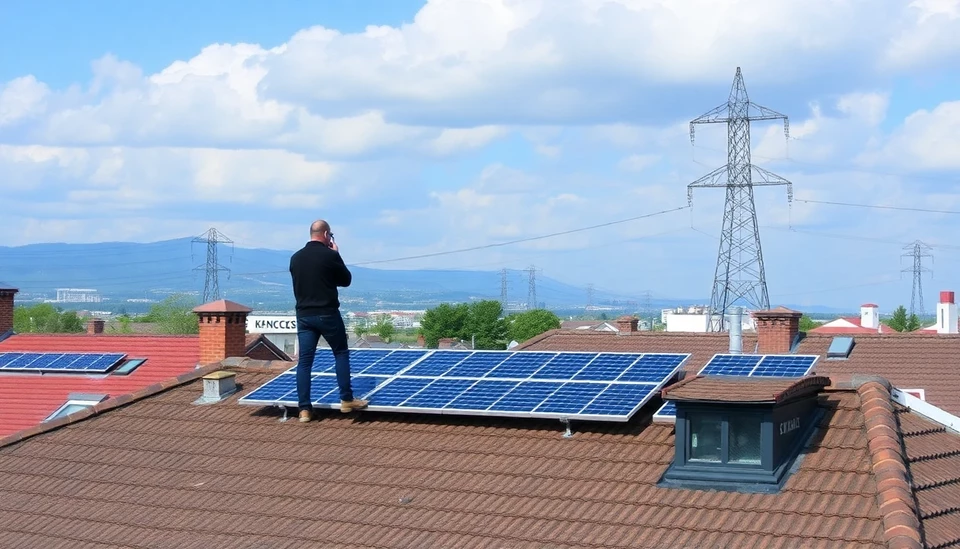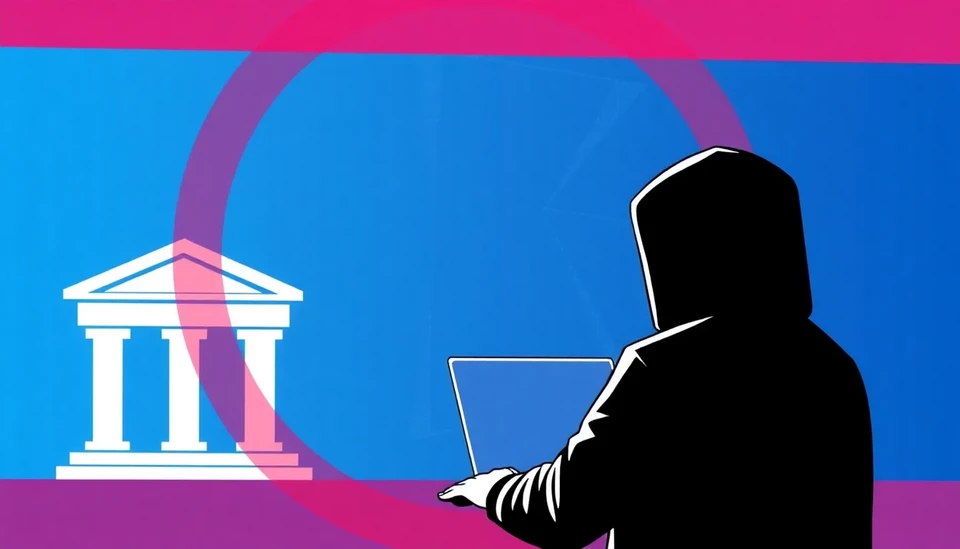
In a striking revelation, Europe’s power grid has been identified as highly susceptible to cyberattacks, specifically through vulnerabilities in the proliferation of rooftop solar panels. A recent report sheds light on how hackers can manipulate the energy output from these solar installations, posing a significant threat to the stability of the continent's electrical infrastructure.
The surge in decentralized energy sources, notably residential solar panels, has fundamentally altered the landscape of power distribution across Europe. While these systems promise sustainability and energy independence, they also create new entry points for cybercriminals. Experts warn that as more households opt for renewable energy solutions, the growing number of connected devices increases the risks associated with hacking and other cyber threats.
Recent investigations have uncovered that hackers could potentially gain control over rooftop solar installations, enabling them to distort energy supply and demand across the grid. This manipulation could not only lead to economic disruptions but could also jeopardize the safety of the entire energy network, posing risks of widespread blackouts and operational failures.
The implications of such security breaches are far-reaching, touching on the very core of Europe’s ambitious green energy goals. With the European Union striving to transition to a more sustainable energy model, the security of these systems has become a pressing concern. Cybersecurity experts are advocating for stronger regulatory frameworks and more robust security measures for solar energy infrastructures to safeguard against these growing threats.
Observations from cybersecurity authorities indicate that the current regulatory environment may not be sufficient to address the unique vulnerabilities presented by decentralized energy systems. The call for proactive measures is crucial as they highlight the need for immediate action to reinforce the resilience of the power grid against potential intrusions.
As Europe continues to embrace renewable energy, it is vital that both policymakers and energy producers understand the intricacies of cybersecurity in this evolving landscape. Addressing the security challenges posed by renewable energy sources will play a crucial role in ensuring that the continent achieves its sustainability targets without compromising safety and reliability.
Organizations and households that utilize rooftop solar panels must be vigilant and adopt best practices for cybersecurity. This includes regular system updates, enhancing network security, and collaborating with cybersecurity firms to establish comprehensive protection protocols against potential attacks.
In conclusion, while rooftop solar panels represent a significant step towards a greener future, they also necessitate a reevaluation of current cybersecurity strategies. The integration of robust security measures into Europe’s energy transition strategy will be critical in mitigating risks and ensuring the integrity of the region's power grid.
As the world moves towards a more connected and decentralized energy landscape, prioritizing cybersecurity will be essential to protecting not only the technological advancements made but also the safety and reliability of the power that drives Europe forward.
#Cybersecurity #RenewableEnergy #SolarPanels #EnergyGrid #Electricity #Europe #Sustainability #TechThreats
Author: Peter Collins




